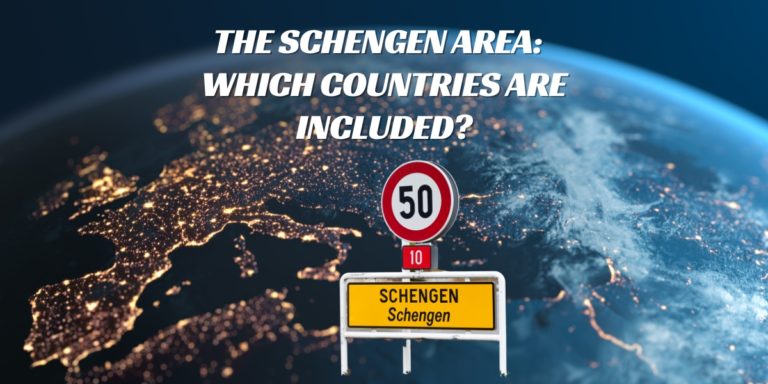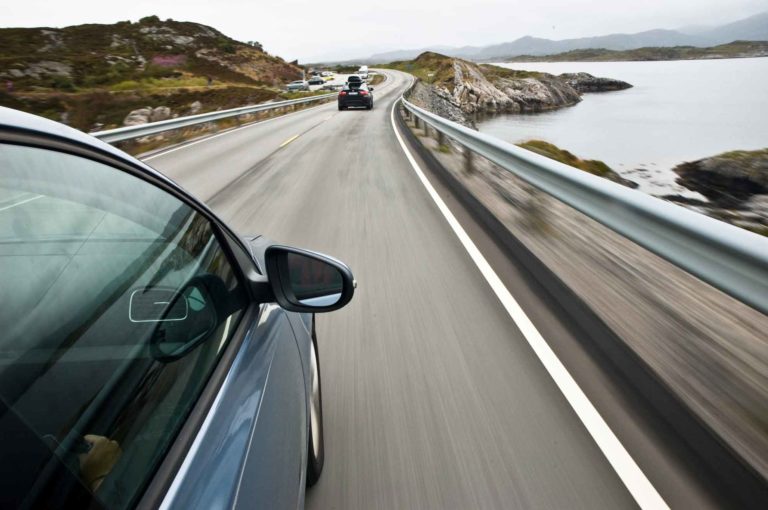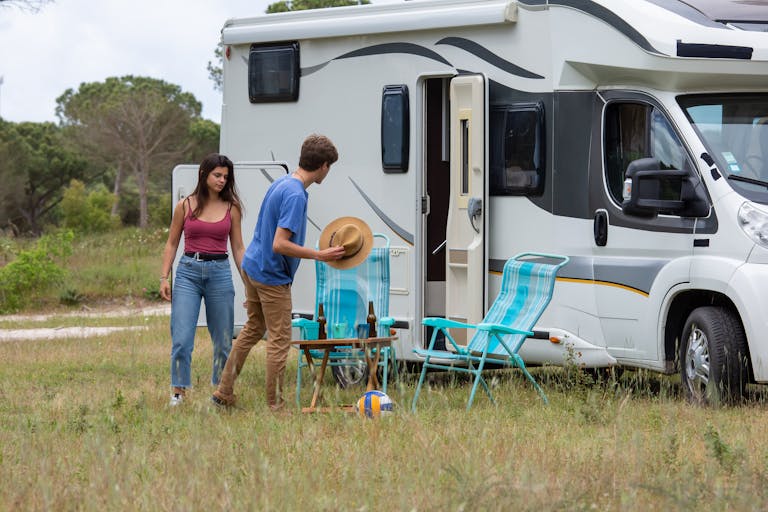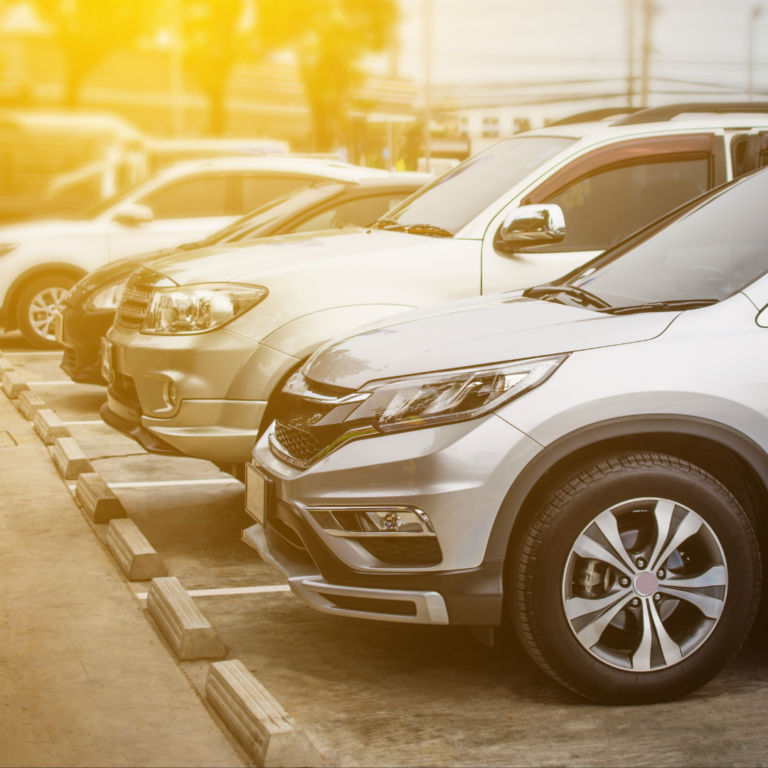What Are the Regulations for Driving My EU Car Into Different European Countries?
Planning a European road trip with your EU-registered car? It’s essential to know the driving regulations that vary across different countries. Here’s a quick guide to help you prepare:
General EU-Wide Rules:
When driving within the EU, a few key rules are consistent across all member states:
- Seat Belts: Everyone in the vehicle, including bus passengers, must wear seat belts.
- Child Safety: Children must be secured in appropriate child restraints in cars and lorries.
- Mobile Phone Use: Using a mobile phone while driving is illegal unless you have a hands-free system.
Country-Specific Regulations:
Despite common EU guidelines, individual countries enforce their driving laws. Here are a few to keep in mind:
- Alcohol Limits: Some countries, like the Czech Republic and Hungary, have a zero-tolerance policy for alcohol consumption while driving.
- Speed Limits: Speed limits can vary significantly depending on the country and the type of road. For example, Germany’s autobahns famously have no general speed limit, but this isn’t the case everywhere.
- Safety Equipment: Some countries require specific safety gear, like winter tires or daytime running lights, especially during certain seasons.
- Driving Side: In Cyprus, Ireland, and Malta, remember that driving is on the left side of the road, which may require some adjustment if you’re used to driving on the right.
Driving License Validity:
Your EU-issued driving license is valid across all EU countries, but here’s what you need to check:
- Expiry Date: Ensure your license is valid for the duration of your trip. If it expires while you’re abroad, it may not be recognized in other countries.
- Age Restrictions: Different countries have varying age requirements for certain vehicle categories. For instance, while you might be able to drive a moped at 14 in Italy, you’d need to be 16 in Belgium.
Car Insurance Coverage:
Your EU car insurance provides coverage across the entire EU, but it’s advisable to:
- Carry Insurance Documents: Always keep your insurance papers with you. They can save you time and hassle if you’re involved in an accident or stopped by the police.
- Check Trailer Insurance: Some countries require separate insurance coverage if you’re towing a trailer. Verify this with your insurer before setting off.
Driving your EU car across borders within Europe can be a seamless experience if you’re well-prepared. Familiarize yourself with general and country-specific regulations to avoid surprises on the road. Happy travels!






